
GENDER IN HISTORY
Series editors:
Lynn Abrams, Cordelia Beattie, Pam Sharpe and Penny Summerfield
The expansion of research into the history of women and gender since the 1970s has changed the face of history. Using the insights of feminist theory and of historians of women, gender historians have explored the configuration in the past of gender identities and relations between the sexes. They have also investigated the history of sexuality and family relations, and analysed ideas and ideals of masculinity and femininity. Yet gender history has not abandoned the original, inspirational project of womens history: to recover and reveal the lived experience of women in the past and the present.
The series Gender in History provides a forum for these developments. Its historical coverage extends from the medieval to the modern periods, and its geographical scope encompasses not only Europe and North America but all corners of the globe. The series aims to investigate the social and cultural constructions of gender in historical sources, as well as the gendering of historical discourse itself. It embraces both detailed case studies of specific regions or periods and broader treatments of major themes. Gender in History books are designed to meet the needs of both scholars and students working in this dynamic area of historical research.
Housewives and citizens
SELECTED TITLES AVAILABLE
IN THE SERIES
Destined for a life of service: defining AfricanJamaican womanhood, 18651938 Henrice Altink
Love, intimacy and power: marital relationships in Scotland, 16501850 Katie Barclay
Women of the right spirit: paid organisers of the Womens Social and Political Union (WSPU) 190418 Krista Cowman
Modern motherhood: women and family in England, c. 19452000 Angela Davis
Jewish women in Europe in the Middle Ages: a quiet revolution Simha Goldin
Murder and morality in Victorian Britain: the story of Madeleine Smith Eleanor Gordon and Gwyneth Nair
The military leadership of Matilda of Canossa, 10461115 David J. Hay
The shadow of marriage: singleness in England, 191460 Katherine Holden
The feminine public sphere: middle-class women and civic life in Scotland, c. 1870-1914 Megan Smitley
Being boys: working-class masculinities and leisure Melanie Tebbutt
Elizabeth Wolstenholme Elmy and the Victorian feminist movement: the biography of an insurgent woman Maureen Wright
HOUSEWIVES
AND CITIZENS
DOMESTICITY AND THE WOMENS
MOVEMENT IN ENGLAND, 192864
___________________________________________________

Caitrona Beaumont

Manchester University Press
Manchester and New York
distributed in the USA exclusively by Palgrave Macmillan
Copyright Caitrona Beaumont 2013
The right of Caitrona Beaumont to be identified as the author of this work has been asserted by here in accordance with the Copyright, Designs and Patents Act 1988.
Published by Manchester University Press
Oxford Road, Manchester M 13 9 NR , UK
and Room 400, 175 Fifth Avenue, New York, NY 10010, USA
www.manchesteruniversitypress.co.uk
Distributed exclusively in the USA by Palgrave
175 Fifth Avenue, New York,
NY 10010, USA
Distributed exclusively in Canada by UBC Press
University of British Columbia, 2029 West Mall,
Vancouver, BC, Canada V 6 T 1 Z 2
British Library Cataloguing-in-Publication Data
A catalogue record for this book is available from the British Library
Library of Congress Cataloging-in-Publication Data applied for
ISBN 978 0 7190 8607 6 hardback
First published 2013
The publisher has no responsibility for the persistence or accuracy of URLs for any external or third-party internet websites referred to in this book, and does not guarantee that any content on such websites is, or will remain, accurate or appropriate.
Typeset in Minion with Scala Sans display by
Koinonia, Manchester
For my parents
Piaras and Margaret Beaumont
For my family
Patrick, Dnal, Rosa and Martha McDonnell
I owe a great many thanks to everyone who helped me at the various stages of the research and writing of this book. Firstly, thank you to the team at Manchester University Press for their professionalism and patience. It was a pleasure to work with them. This research began as a doctoral thesis at the Centre for Social History, University of Warwick and I am grateful to my supervisors, Tony Mason and Jim Obelkevitch, for their support and wise counsel. I would also like to thank Pat Thane, Maria Luddy and June Purvis for their advice and interest in my work over the years. I am grateful to the ESRC and to the University of Warwick Graduate Award Scheme for funding my doctoral studies and to the Weeks Centre for Social and Policy Research, London South Bank University, for awarding me a number of research grants since 2005, allowing me to complete my research.
Over the course of this project I have been helped by many librarians and archivists and would like to thank the staff at the Womens Library, Lambeth Palace Library, the London Metropolitan Archive, the British Library, the Modern Records Centre at the University of Warwick, the Public Records Office and Birmingham City Library. Thanks also to Daphne Glick of the National Council of Women and to the Mothers Union for allowing me access to their uncatalogued collections. I would also like to thank David Doughan, formally of the Womens Library, for his interest and encouragement in my work from the outset.
Marisa Silvestri, Louise Ryan and Tanya Evans provided me with very helpful comments on the proposal for this book so thanks to them for their constructive criticism. I am grateful also to Matthew Hilton and to the anonymous readers of both the book proposal and final manuscript who provided me with invaluable comments and suggestions.
I would like to thank all of my colleagues in the Department of Social Sciences, London South Bank University, for their interest, support and comradeship over the years. Thanks to Dave Edwards, my Head of Department, for giving me the space and time to complete the book. In particular I would like to thank my colleague and friend Marisa Silvestri. Throughout this project she has listened to all of my concerns, doubts and anxieties and has provided excellent advice every time with endless patience and good humour.
Thank you to all of my friends and family who have listened to me talk about the book for a number of years and asked how I was getting on. Without their interest and support life would have been very difficult and I hope they know how much they are appreciated. Thanks especially to all my friends in Tooting and to Tony Credland and Sceherazade Ameer for their help with formatting the cover image. Thank you to all of the McDonnells for putting up with me for so long and thanks to my sisters Clona, Mde and Helen Beaumont for their love and friendship. I would like to thank my parents, Piaras and Margaret Beaumont for always believing in me and enabling me to pursue my interest in womens history. Thanks especially to Piaras for pinning the image of Mrs 1963 to our kitchen cupboard at home so that years later I could use it as the cover for this book.


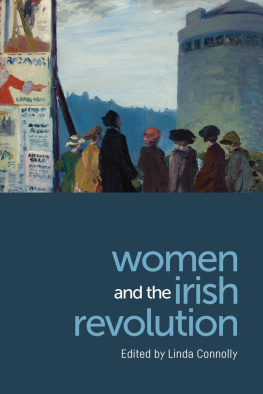
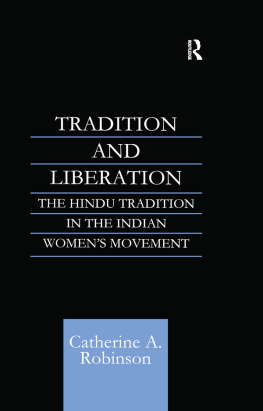
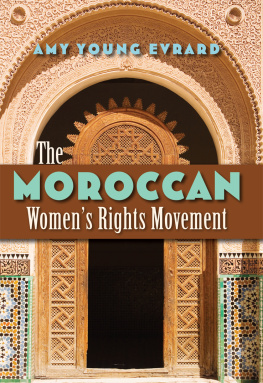
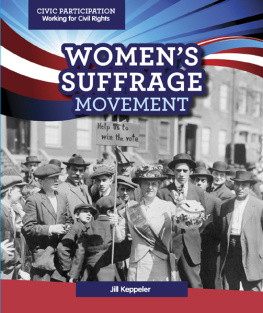
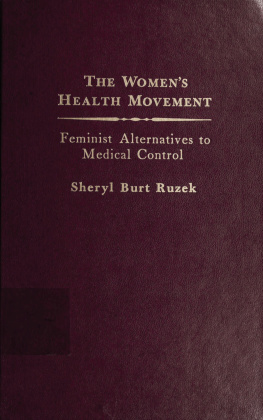

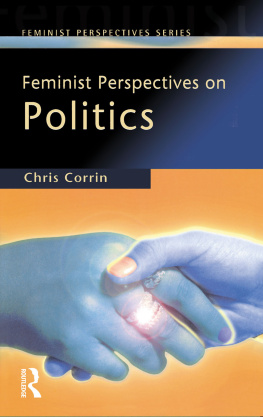
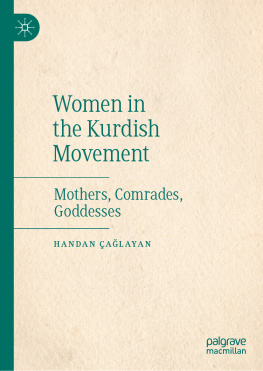




 Caitrona Beaumont
Caitrona Beaumont 